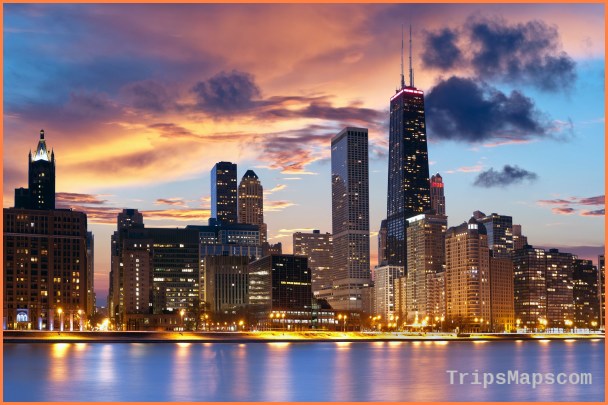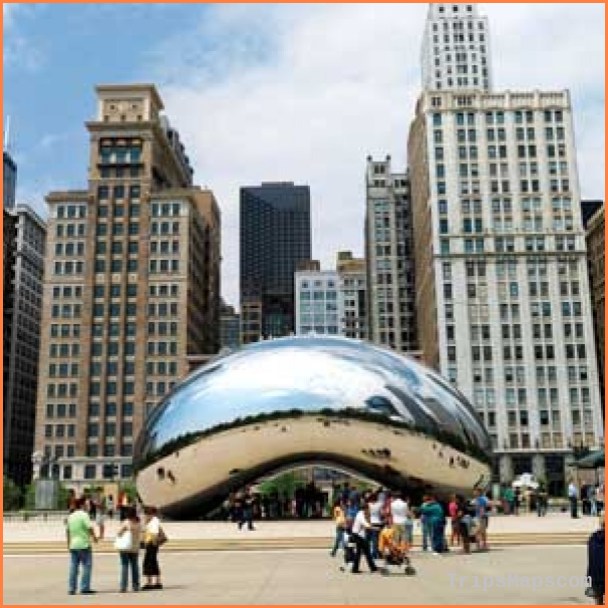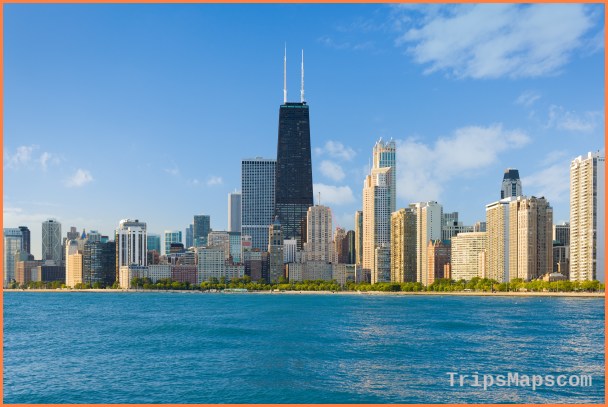Most public Chicago Travel campgrounds do charge a fee, and for the majority of locations it currently ranges between about $8 and $15 per night for a site. A typical campsite is large enough for one or two tents and up to several people. The fee will occasionally be as low as $3 to $5 (or free) in places that are well off the beaten path, but it can also be is high as $30 or more per night in popular regions ike southern Florida. State residents generally pay less than nonresidents.
Private or commercial campgrounds may be found almost anywhere. Some are next to parks, and pick up the spillover when public campgrounds are full. Others are found far from any sizable natural area. If you’re traveling a long distance, a commercial campground may offer a convenient and relatively inexpensive place to bed down en route to your destination.
Some private campgrounds are situated in beautiful places, with as much in the way of natural surroundings as a public campground, but quite a few are found in noisy or less-than-attractive areas, such as next to major highways or commercial districts. Fees are usually higher than at public campgrounds, typically ranging from $15 to $30 per site and sometimes more.
Tent-Camping and Recreational Vehicles Millions of Americans own recreational vehicles (RVs), large live-in vehicles which serve as mobile homes for travelers. They’re abundant in the majority of campgrounds. Undoubtedly many people would testify to the joys of living and camping out in them. However, most of us who are tent-campers are happiest when we’re able to avoid bedding down near RVs.
While the owners of RVs are often good people who don’t mean to be inconsiderate to their neighbors, the particular problem is that these vehicles are the source of an assortment of unnatural sounds: air-conditioning, generators, and usually also TVs or radios. While the noise levels may not be loud, it’s often sufficient to drown out or at least overshadow the sounds of nature if you’re tenting right next to one. And it’s necessary to point out that owners of the larger RVs are bringing a huge and very energy-wasteful hunk of civilization along with them.
Some primitive campgrounds don’t permit RVs or attract very few because there aren’t hookups for electricity or water available, a good reason why it’s worth heading for this kind of campground. Also, some campgrounds set aside a particular area solely for tent-camping. Inquire as to whether or not such an area is available. Let your preferences be known. Perhaps we can encourage more campgrounds to set aside tent-camping areas.
Other sources of noise in campgrounds include public bathrooms and showers. These facilities are often brightly lit and sometimes have doors that bang. Foot-traffic and conversation are common around them even at night. For undisturbed sleep, try to get a site on the outer fringes of the campground, away from facilities as well as the main road. Make your request when you’re being assigned a campsite at the time of arrival.















